Nuclear power is now endorsed as carbon-free, abundant, clean energy, with 30 countries signing a pledge to triple nuclear power capacity. But author of Nuclear is not the solution M.V. Ramana argues strongly against this, claiming that nuclear promoters are ignoring the evidence. He argues, nuclear energy is not economically efficient. Even more importantly, the long timescales involved in expanding nuclear power potentially could make the climate crisis worse, not better.
In the last few years, there has been a resurgence in talk about expanding nuclear power. One often hears that nuclear power is needed to supply energy to data centers or to mitigate climate change. Neither of these arguments makes any sense when one looks at actual trends in the energy sector. Nuclear energy has become less, not more, important to supplying electricity around the world.
In the United States, which has the largest demand for energy for its data centers, and has the highest per capita emissions among leading countries, the number of operating reactors has declined by 10 units since 2006. This decline occurred despite the US government offering economic incentives to electric utility companies to build nuclear reactors through the Energy Policy Act of 2005. These incentives aimed to “reduce the financial risk of investing in advanced nuclear power plants by transferring risk to the public,” leading to US utility companies proposing to build more than thirty reactors.
Only two of these reactors were eventually built, but in the meantime many more older and unprofitable reactors were shut down. Two other reactors were abandoned mid-project following huge cost and time overruns, after over $9 billion was spent; electricity customers in South Carolina are still paying every month for that wasted effort.
Globally, the share of electricity from nuclear reactors has come down from 17.5% in 1996 to only 9% in 2024. In contrast, modern renewables (i.e., not including power from large hydroelectric dams) produced 17.3% of the world’s electricity, up from around 1 percent in the mid 1990s.
___
Nuclear energy has become less, not more, important to supplying electricity around the world.
___
The key reason for these trends—the decline in nuclear power and the rapid increase in renewables—is economics. Solar photovoltaics, especially when built at large (utility) scale, has become the least costly option for new electricity capacity in recent years; in 2020, the International Energy Agency pronounced that solar is “the new king of the world’s electricity markets.” According to the Wall Street company Lazard’s 2025 estimates, electricity from a new nuclear power plant in the United States costs roughly three times the corresponding costs at solar or wind energy plants. This large gap between nuclear power and renewables has been growing larger because of the decline in solar and wind energy costs, and this trend is expected to continue over the coming decades.
The comparison between nuclear power and sources of electricity like solar and wind is complicated by the fact that the latter sources do not generate power steadily, and depend on how much wind is blowing or sun is shining. But the large cost differences between nuclear and renewables should be more than enough to allow for complementary technologies to compensate for variations in the outputs of solar and wind farms. More generally, renewables can be the basis of a reliable electricity system provided suitable and affordable options, such as energy efficiency, demand response, technological and geographic diversity, and some storage, are incorporated.
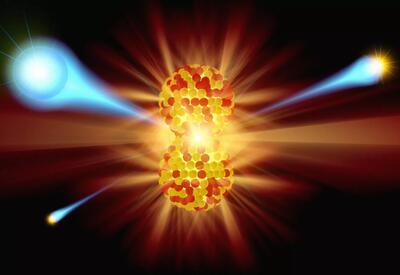 SUGGESTED READING
The end of Oppenheimer's energy dream
By Allison Macfarlane
SUGGESTED READING
The end of Oppenheimer's energy dream
By Allison Macfarlane







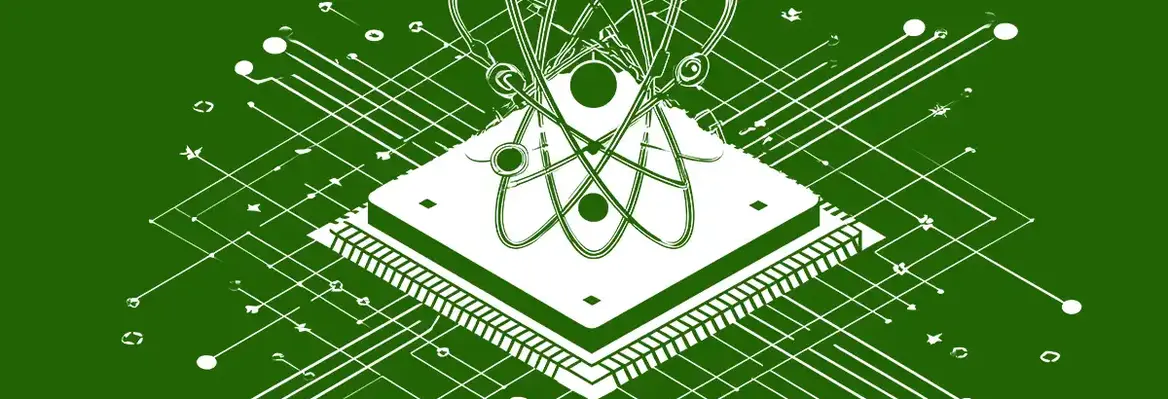



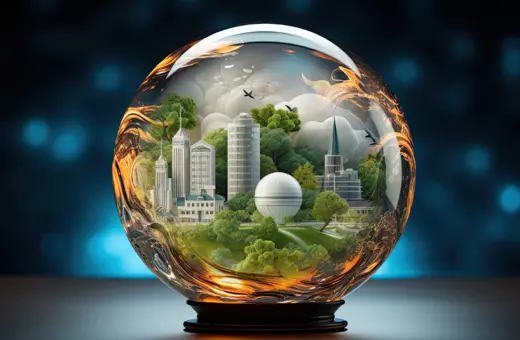

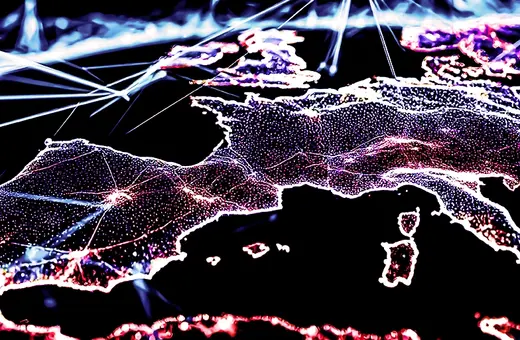



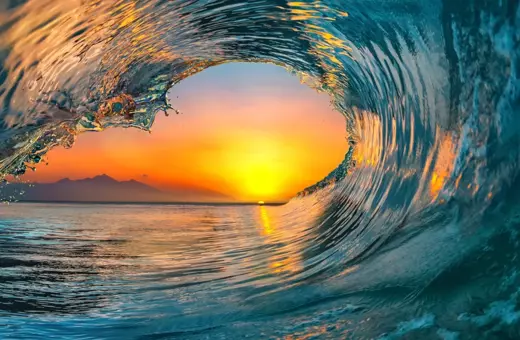



Join the conversation